13 Things You Do That Annoy Your Cat Without You Realizing It
Cats are fascinating creatures—independent yet affectionate, playful yet mysterious. While they may seem unbothered most of the time, there are subtle behaviors humans do that can drive their feline friends up the wall. Often, these actions are unintentional, and as cat owners, we may not even realize how our habits or actions affect our pets. To foster a harmonious relationship with your furry companion, it’s crucial to understand what makes them uncomfortable or annoyed.
This article explores 13 common things that humans do that can irritate their cats, even if these actions seem harmless or well-meaning. From ignoring their body language to handling them in ways they dislike, cats are clear communicators of their boundaries—if only we take the time to notice. Let’s delve into these behaviors and learn how to avoid becoming a source of frustration for your feline friend.
1. Forcing Physical Affection
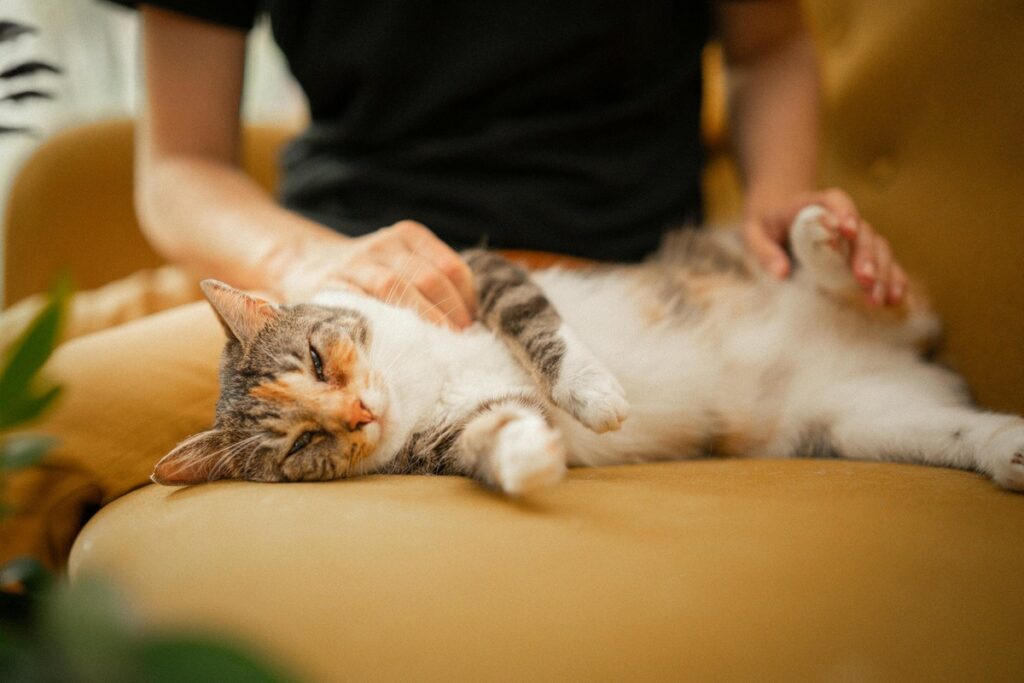
Even the most cuddly cat has limits when it comes to physical affection. Picking up your cat when they clearly want to be left alone or hugging them tightly can make them feel trapped. Cats prefer affection on their terms, so always wait for them to initiate contact.
2. Ignoring Their Body Language
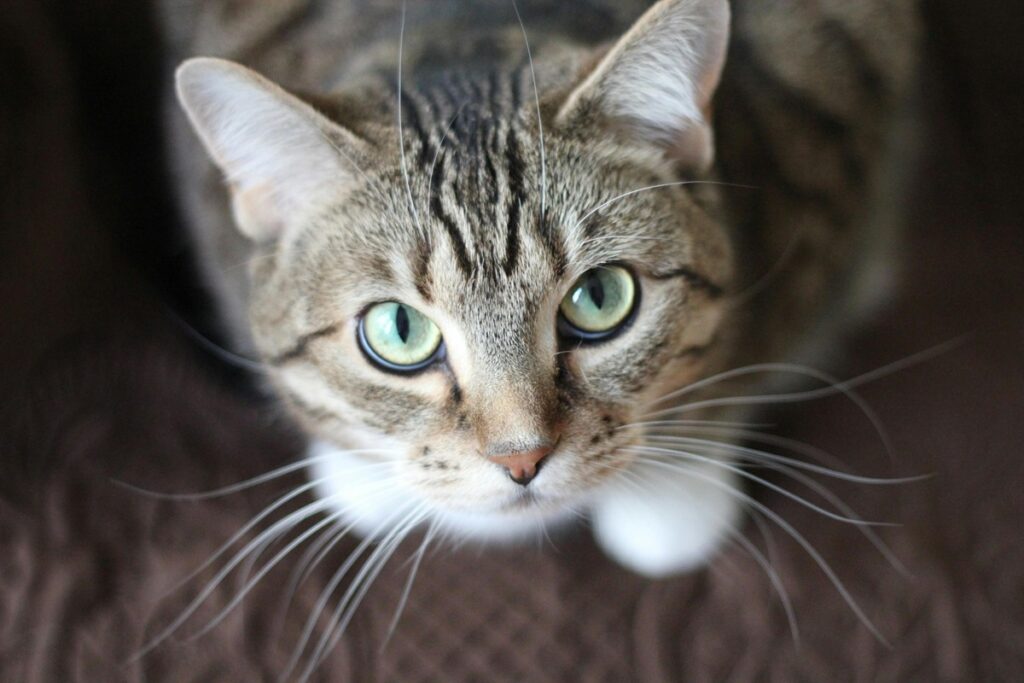
Cats use body language to communicate how they feel. Overlooking signs like an arched back, flattened ears, or a flicking tail might annoy your cat or even stress them out. Paying attention to these cues helps you respect their boundaries.
3. Loud Noises
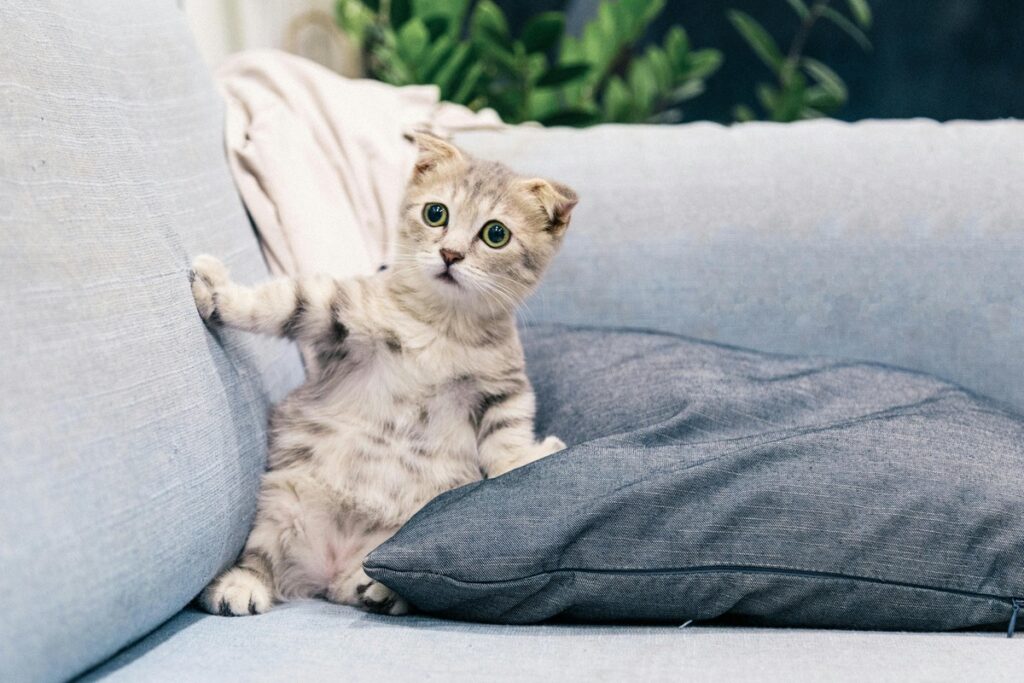
Sudden loud noises, like shouting, vacuum cleaners, or even a dropped pan, can scare cats and put them on edge. Their heightened sense of hearing makes them particularly sensitive to noise, so keeping a calm and quiet environment is key.
4. Not Cleaning the Litter Box
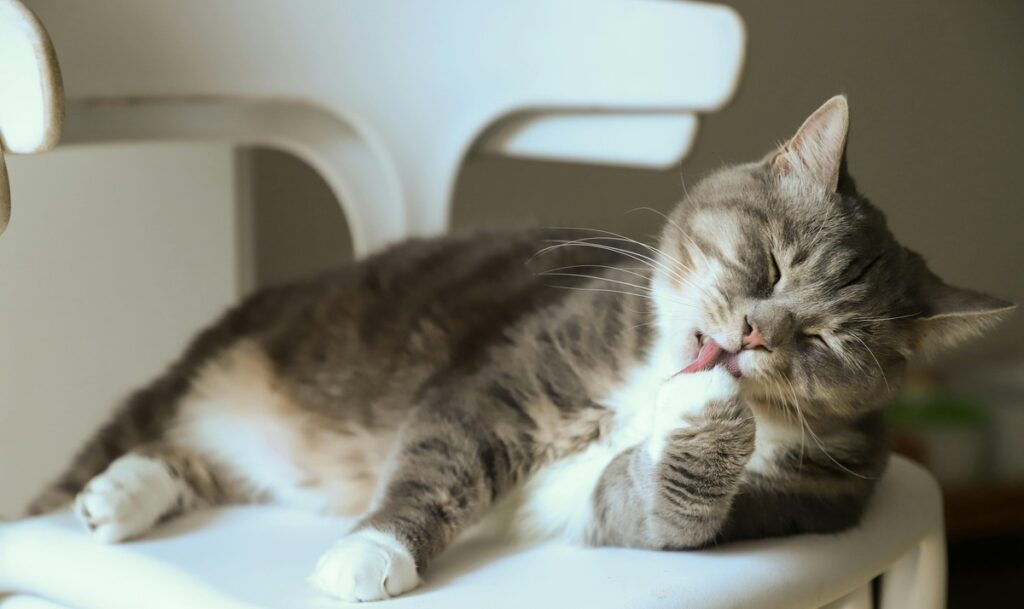
A dirty litter box is a big no-no for cats. They are fastidious creatures and will refuse to use a litter box that isn’t clean. Neglecting to scoop the box daily might lead them to find other, less ideal places to do their business.
5. Changing Their Routine
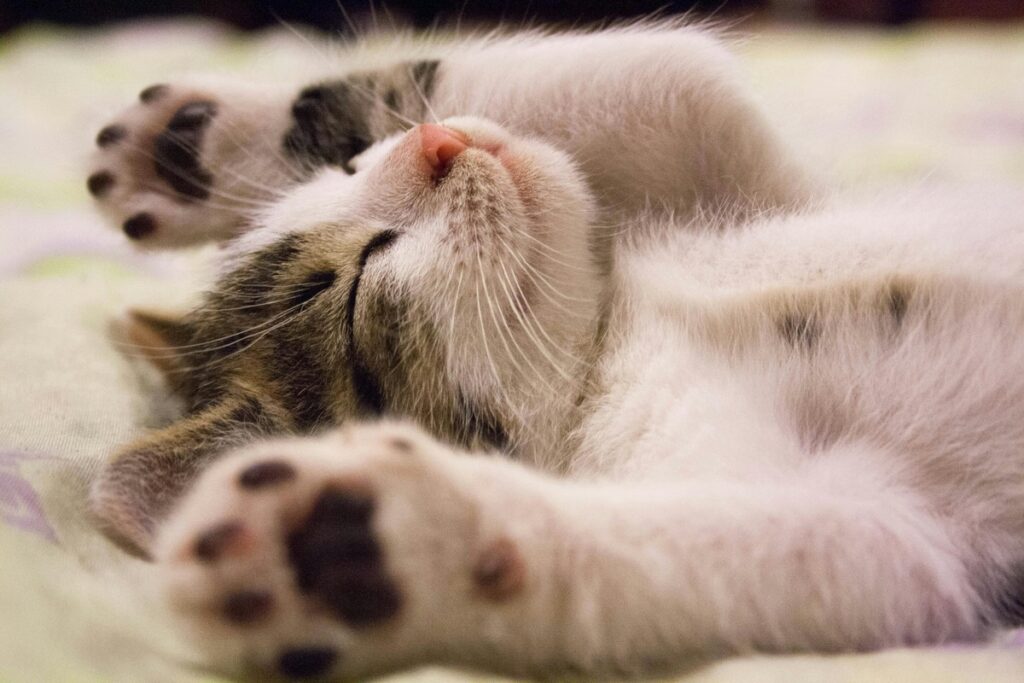
Cats thrive on routine and predictability. Sudden changes, like moving their food bowl or altering feeding times, can leave them feeling insecure. Maintaining consistency in their daily schedule is essential for their well-being.
6. Petting in the Wrong Places
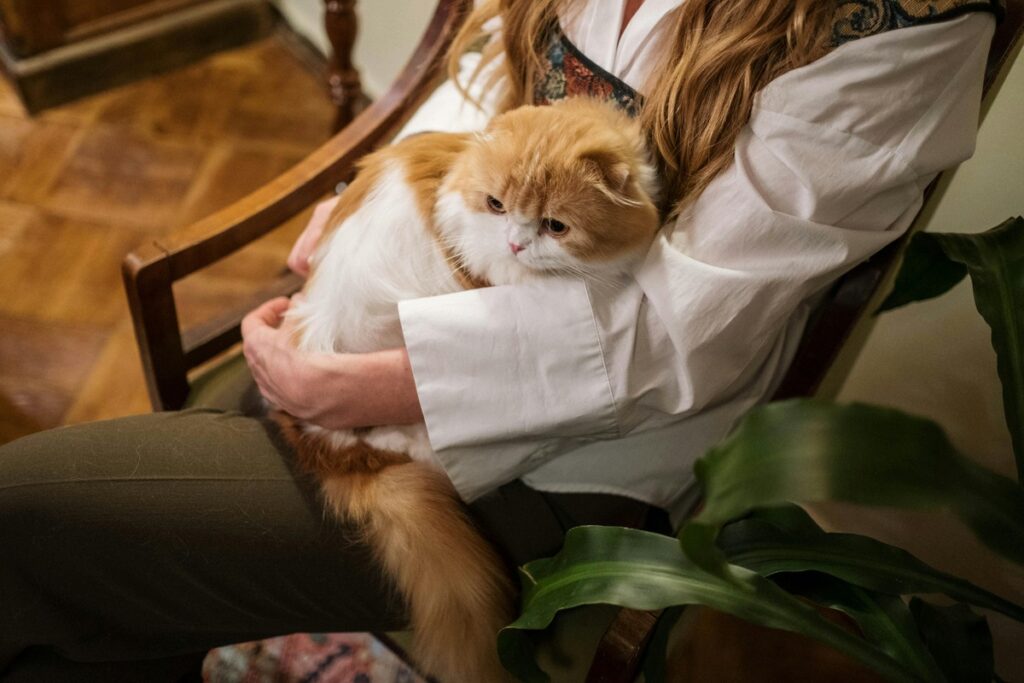
While some cats enjoy belly rubs, many do not. Petting areas like their belly, paws, or tail can annoy them and even provoke defensive reactions. Stick to safe zones like their head, cheeks, and chin unless you know their preferences.
7. Dressing Them Up
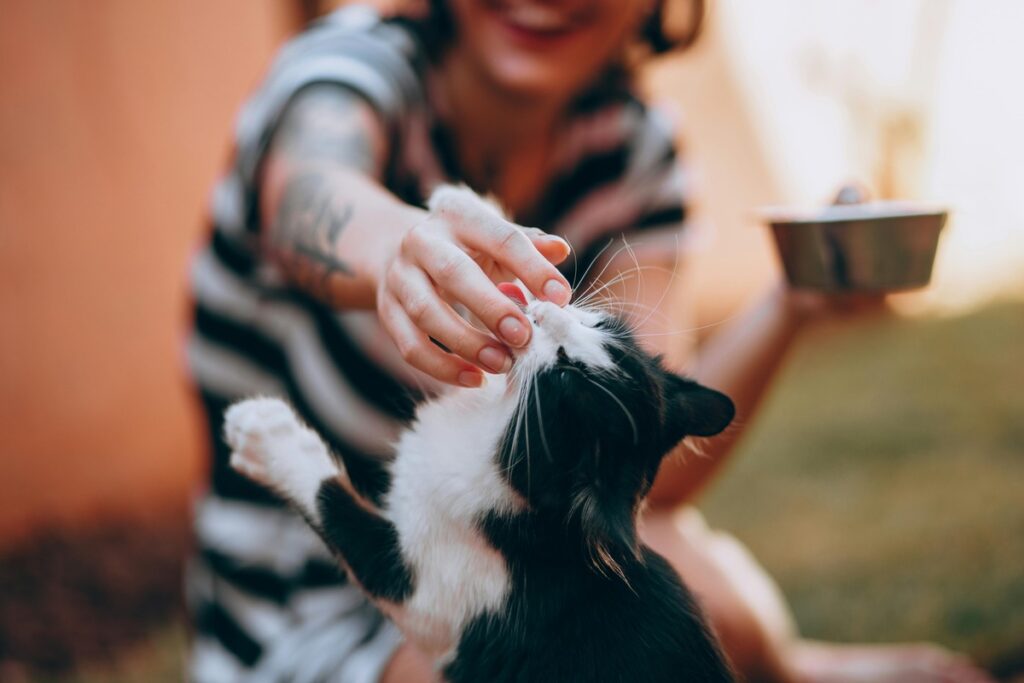
Though adorable to humans, putting costumes or clothes on cats can be uncomfortable and restrictive for them. Most cats dislike the feeling of fabric on their fur and may become stressed or irritated when dressed up.
8. Shaking a Treat Bag Too Often
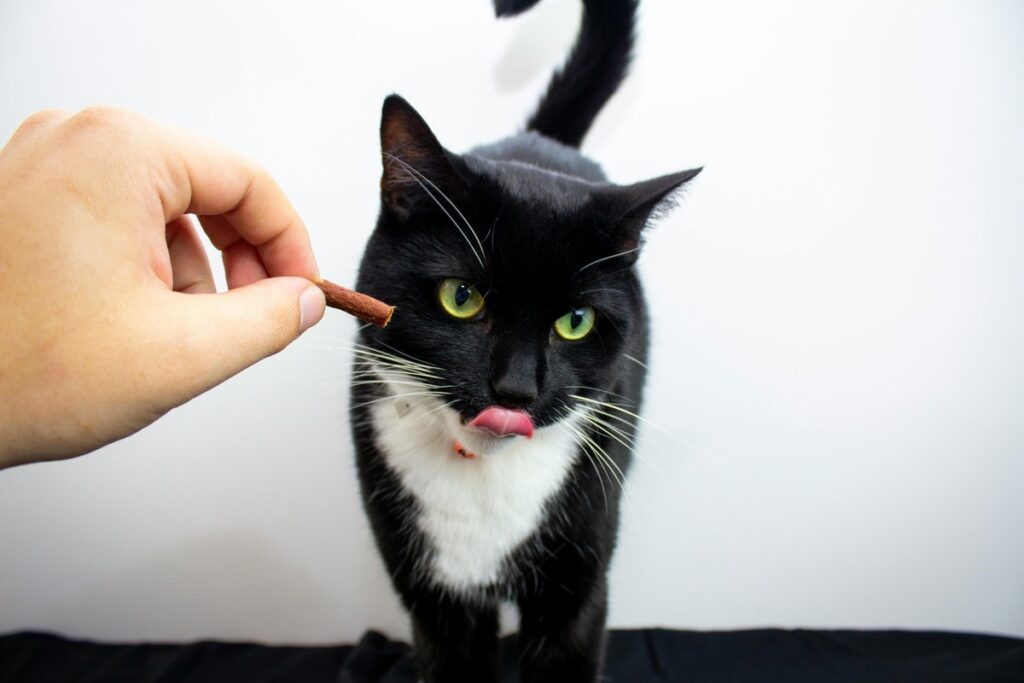
While the sound of treats can be exciting, doing it excessively to lure them when treats aren’t actually on offer can frustrate your cat. Over time, they may stop responding to the sound altogether.
9. Not Providing Enough Playtime
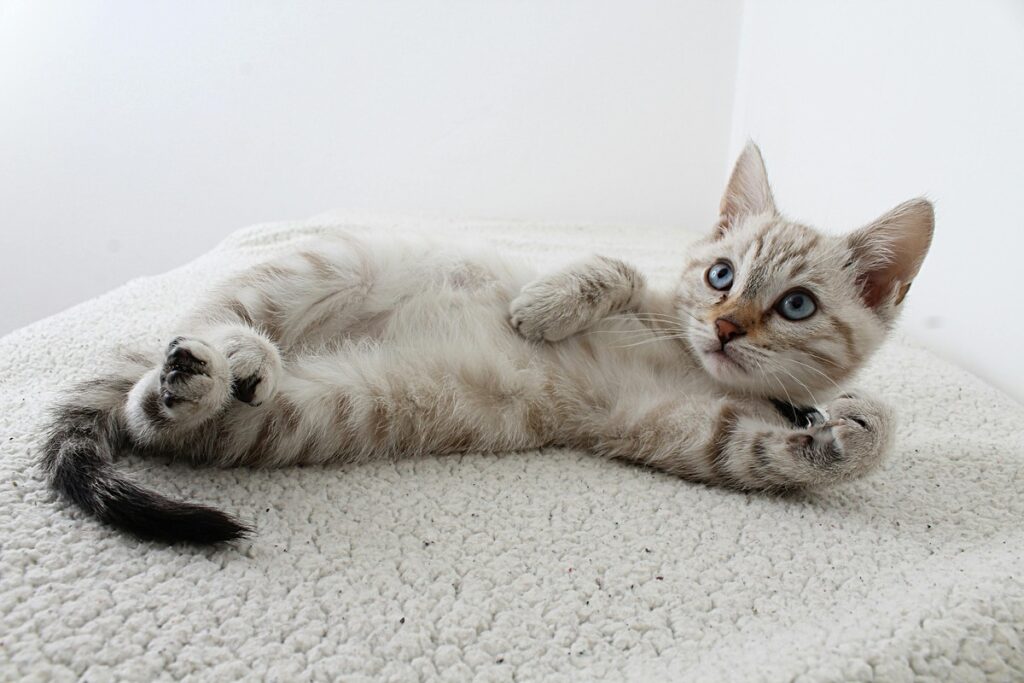
Cats are natural hunters, and their energy needs to be channeled through play. Ignoring their playtime needs or leaving them bored can result in destructive behaviors or even weight gain. Regular interactive play sessions are a must.
10. Overstimulating Them
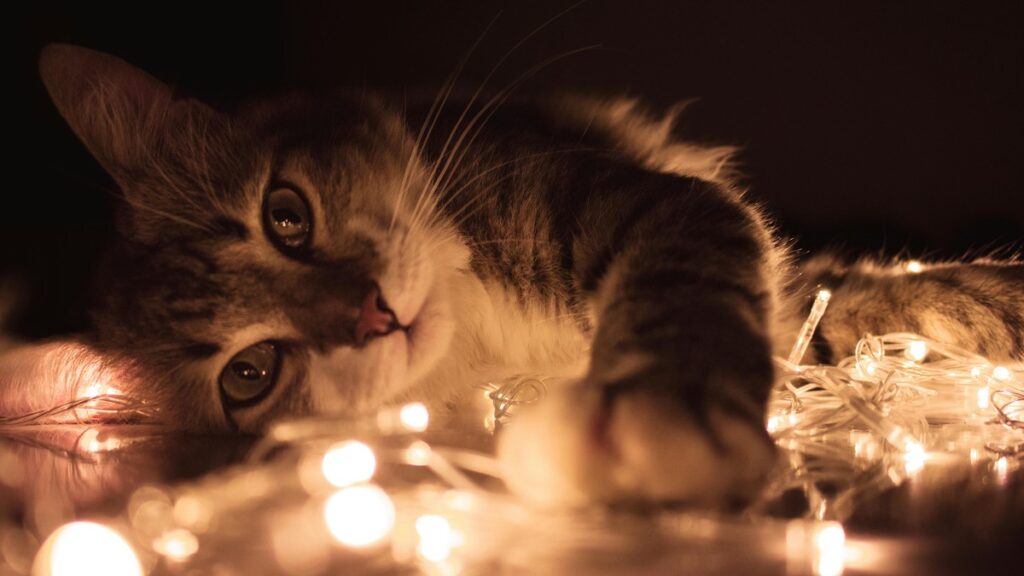
Cats have a threshold for how much stimulation they can handle. Playing or petting them too long can lead to overstimulation, causing them to swat, bite, or run away. Pay attention to their signals and know when to stop.
11. Invading Their Space
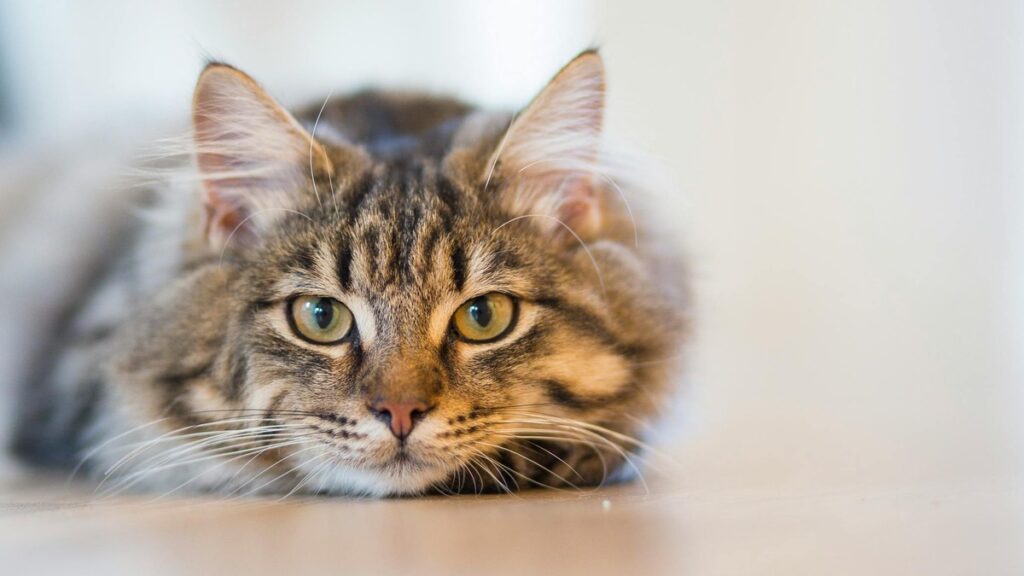
Cats value their personal space and may become annoyed if you disturb them while they’re resting, eating, or using their litter box. Respecting their alone time is vital for a happy cat.
12. Failing to Groom Them Properly
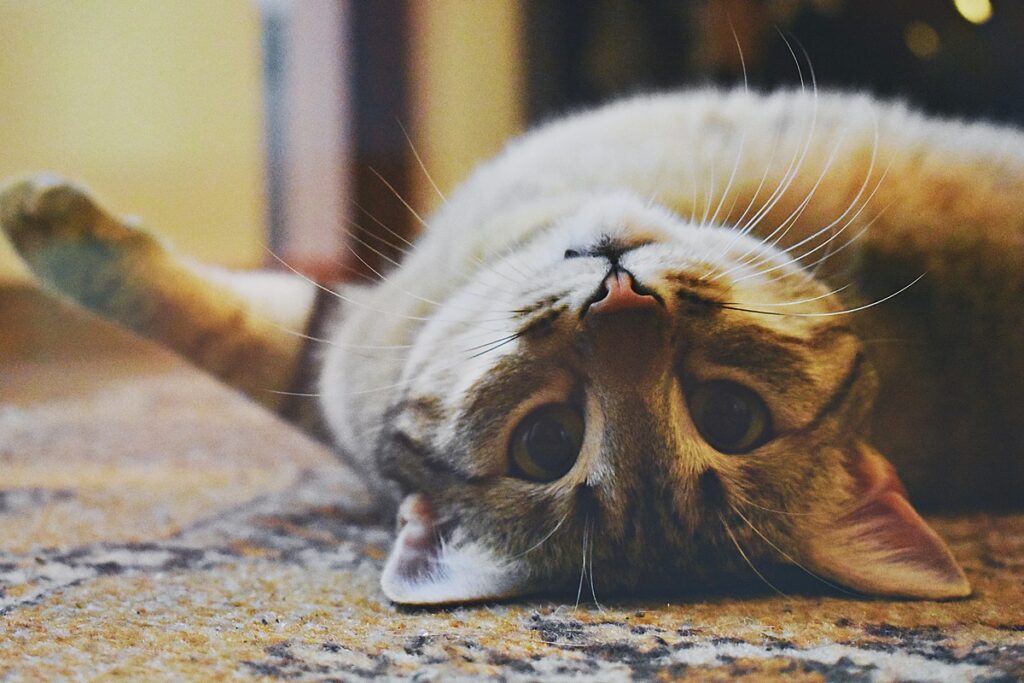
Long-haired cats, in particular, need regular grooming to prevent mats and tangles. Ignoring their grooming needs or using the wrong tools can lead to discomfort or skin irritation. Make grooming a gentle and positive experience.
13. Punishing Them
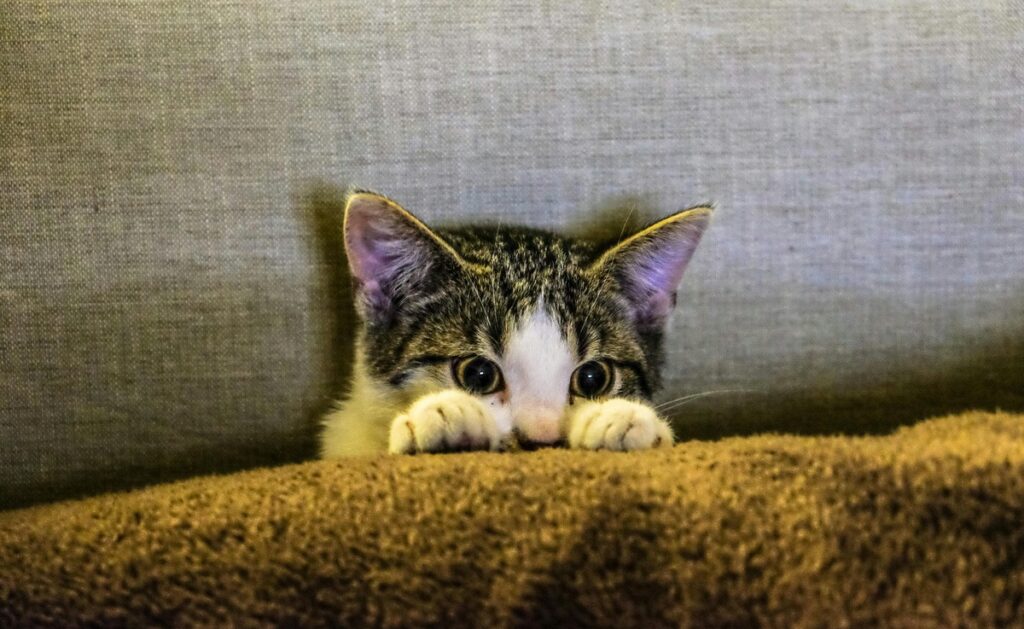
Cats don’t respond well to punishment, as they don’t understand the concept in the same way humans do. Yelling, spraying water, or physically reprimanding them can damage trust and make them anxious. Positive reinforcement works much better.
Cats are loving and complex creatures who thrive when their needs and boundaries are respected. Understanding what annoys your cat is the first step to building a stronger, more trusting bond with them. By avoiding these common mistakes, you’ll create a more harmonious environment where your cat feels safe, happy, and understood. After all, a content cat is a joy to have around!







